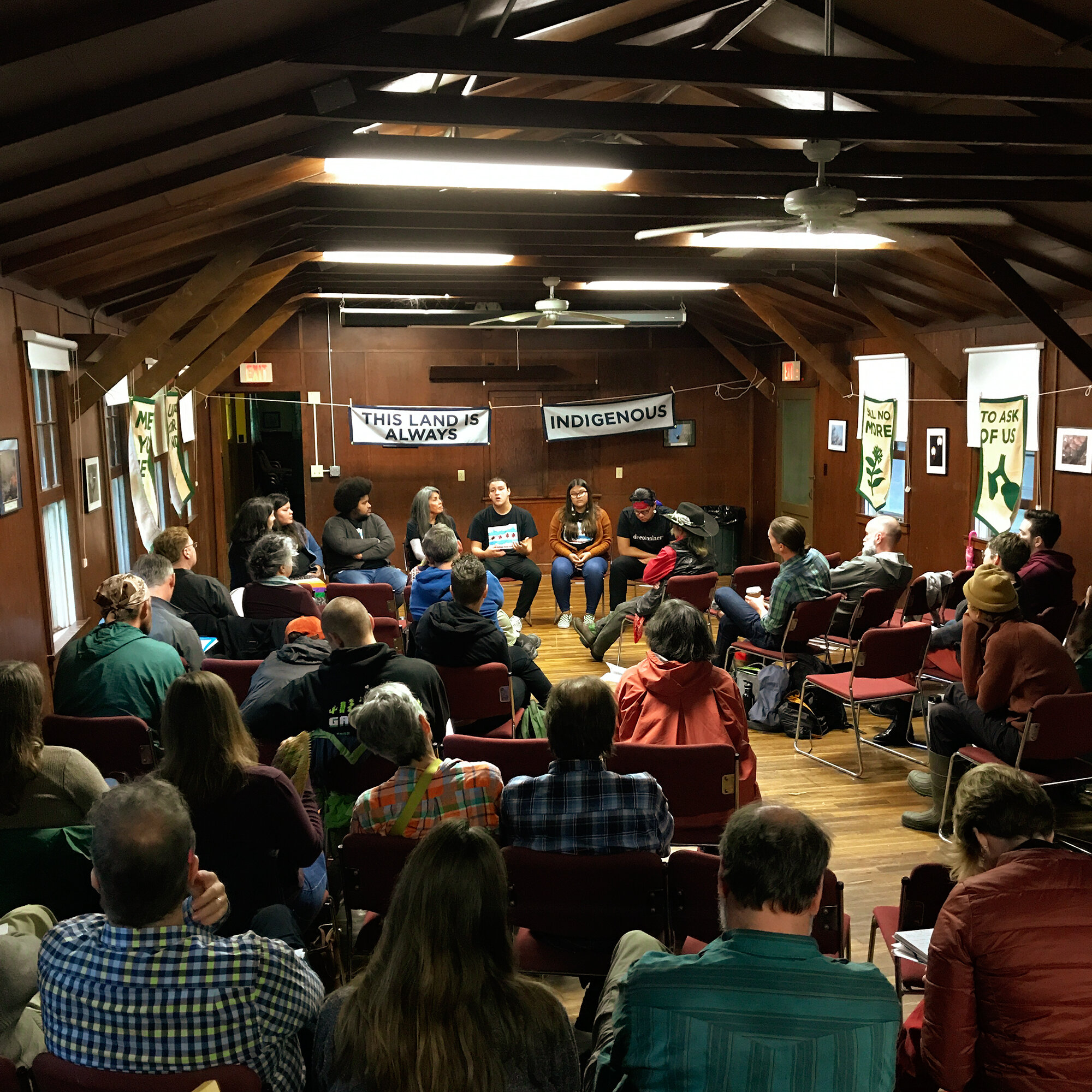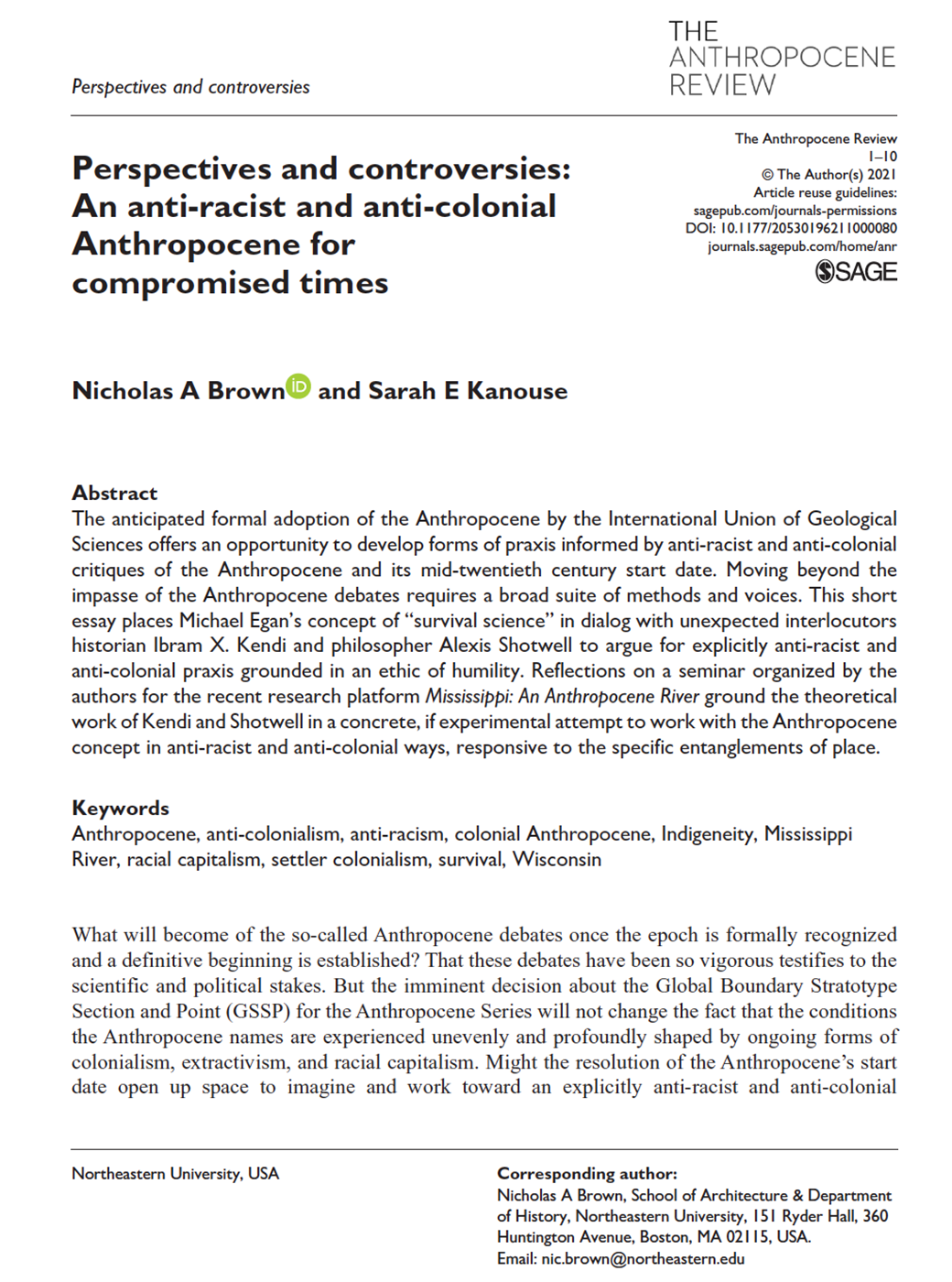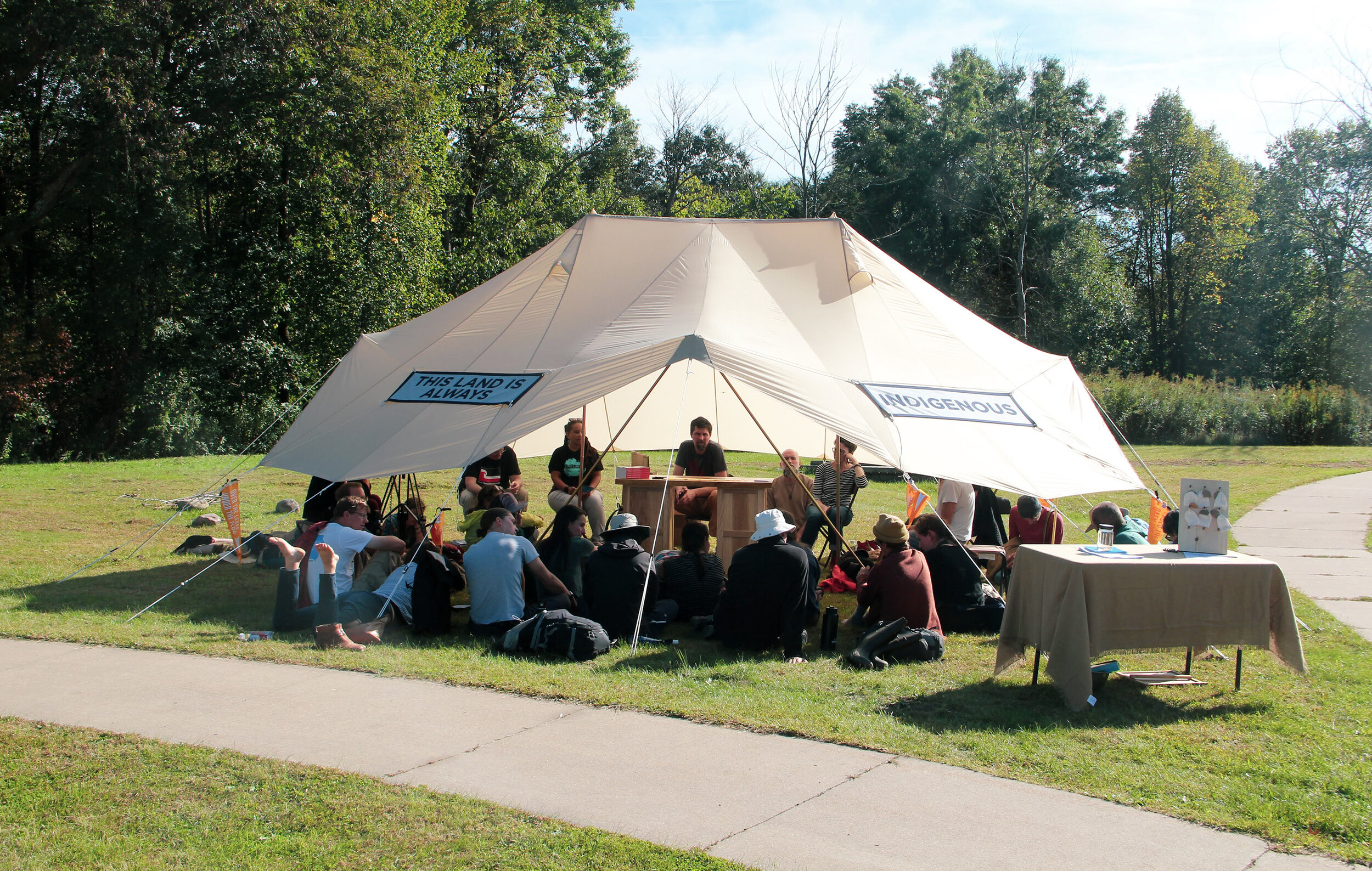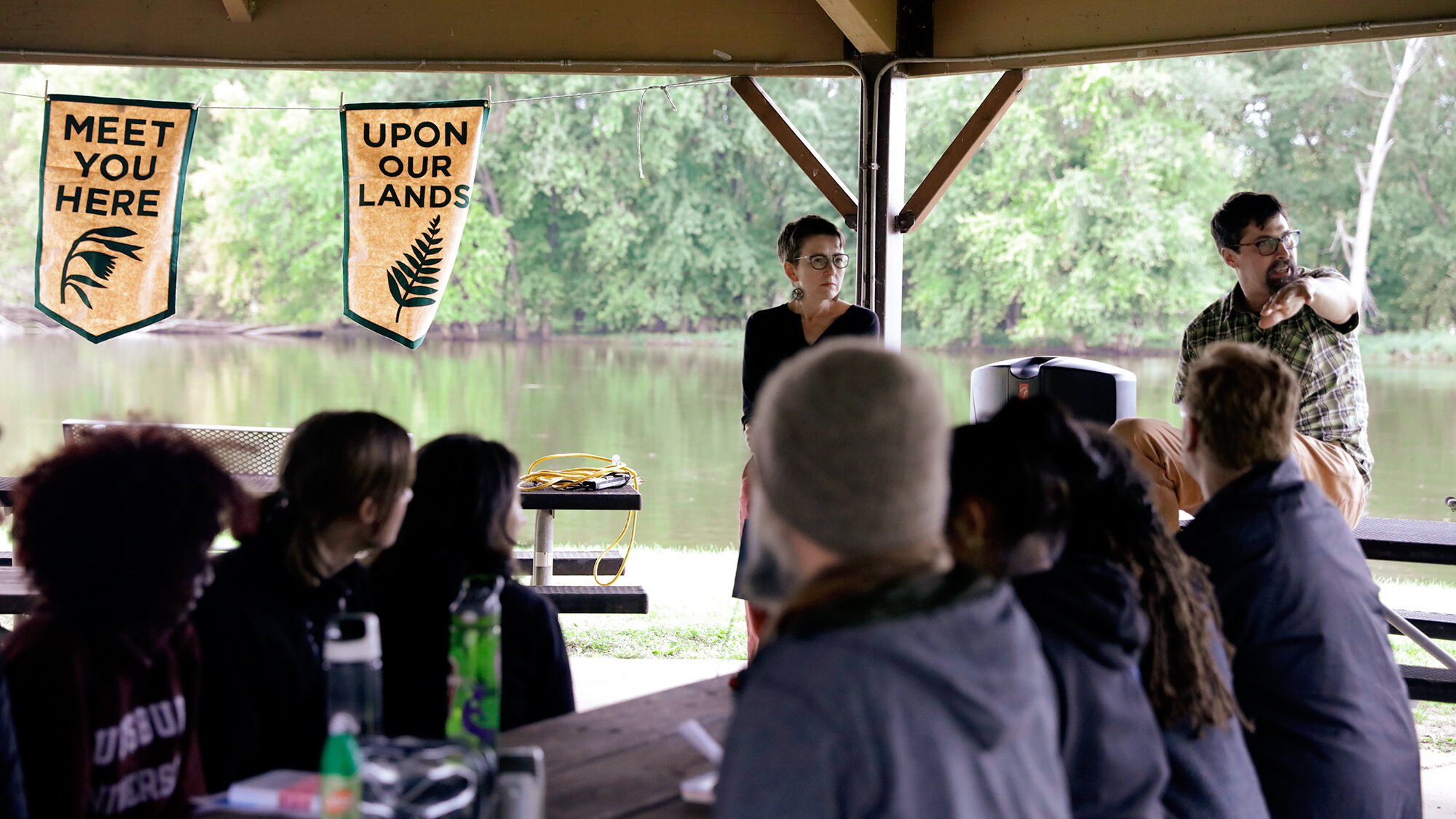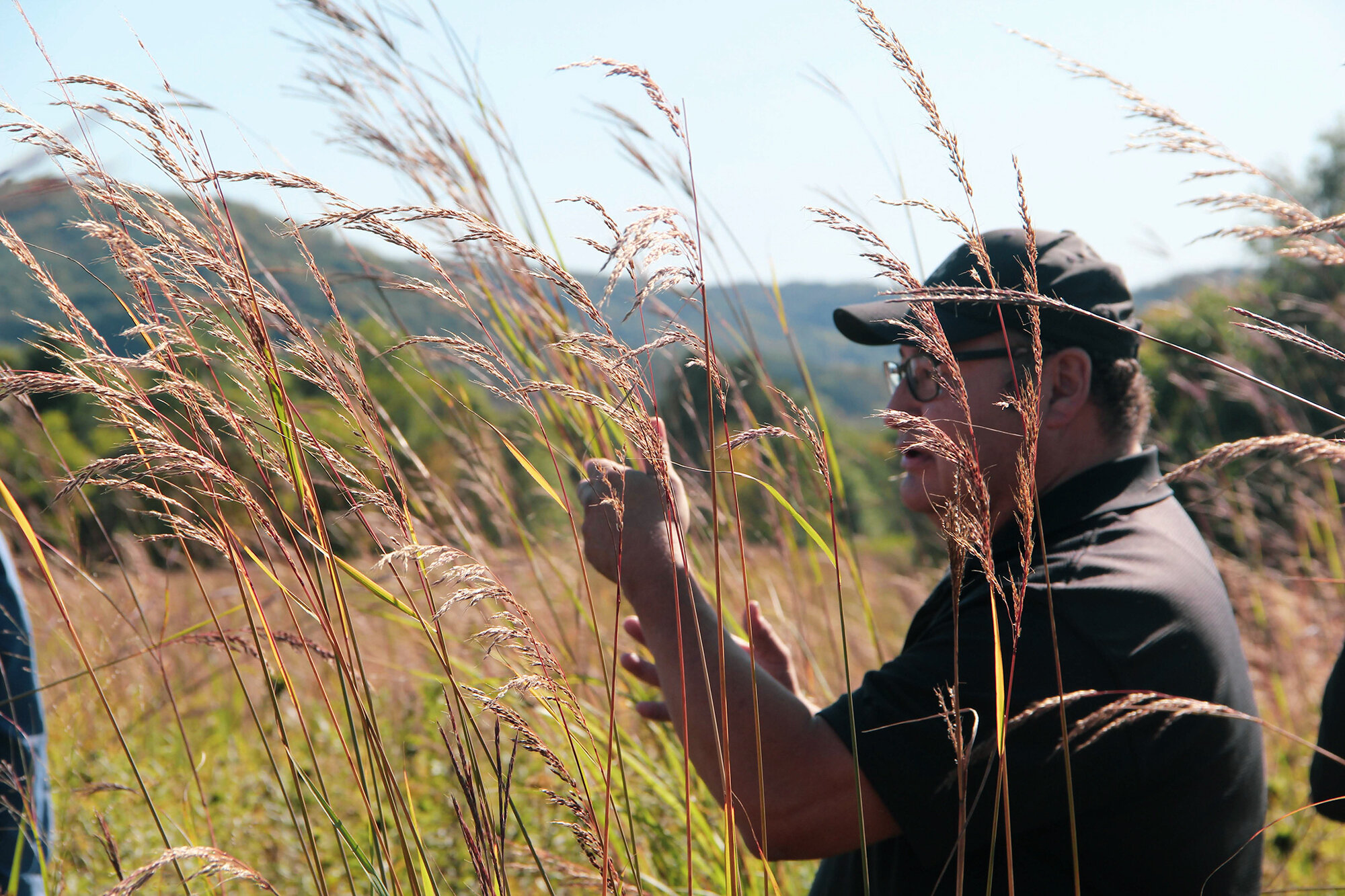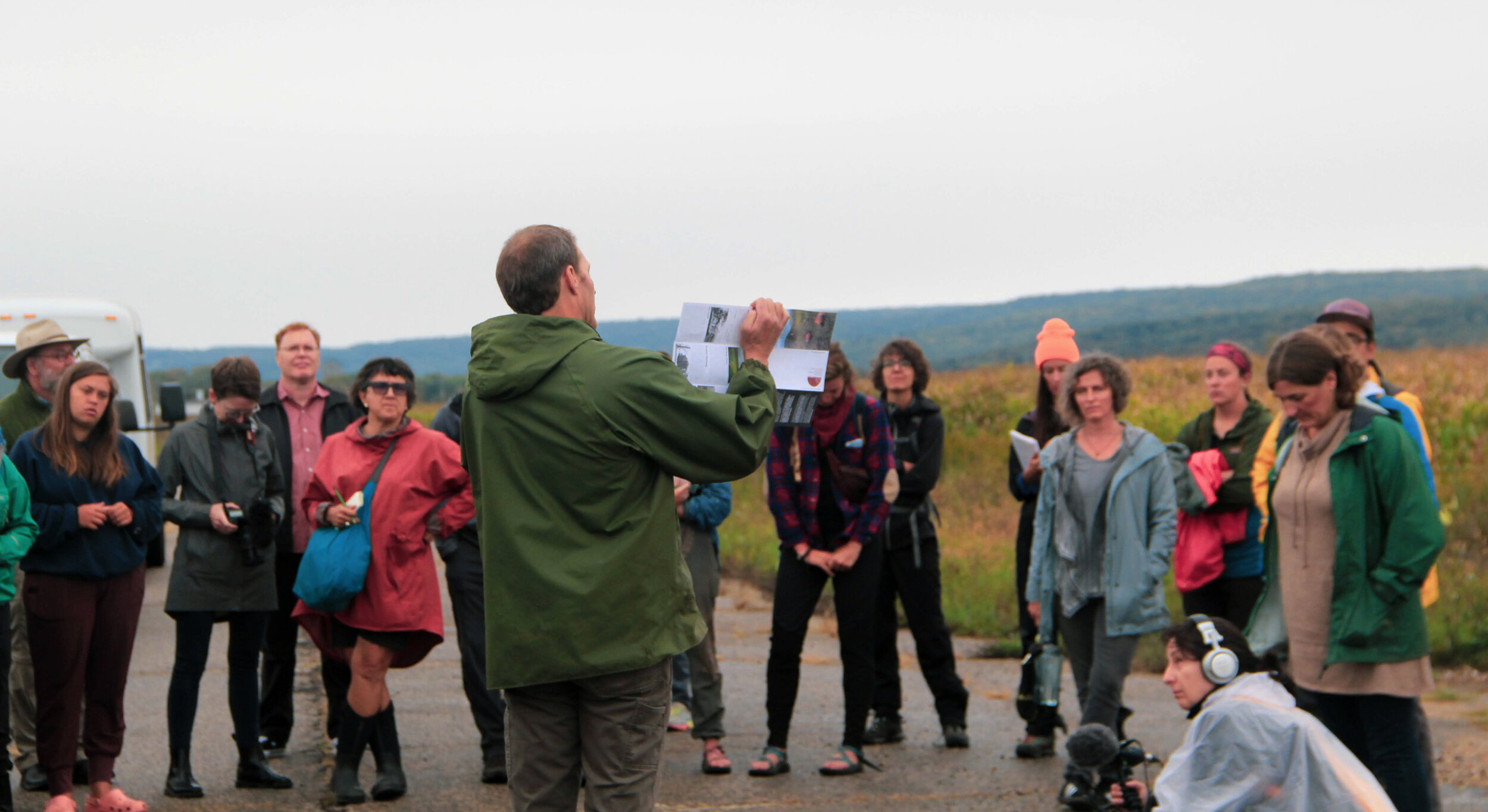An anti-racist and anti-colonial Anthropocene for compromised times
Nicholas A Brown and Sarah E Kanouse, “Perspectives and controversies: An anti-racist and anti-colonial Anthropocene for compromised times,” Anthropocene Review (2021), https://doi.org/10.1177/20530196211000080.
ABSTRACT / The anticipated formal adoption of the Anthropocene by the International Union of Geological Sciences offers an opportunity to develop forms of praxis informed by anti-racist and anti-colonial critiques of the Anthropocene and its mid-twentieth century start date. Moving beyond the impasse of the Anthropocene debates requires a broad suite of methods and voices. This short essay places Michael Egan’s concept of “survival science” in dialog with unexpected interlocutors historian Ibram X. Kendi and philosopher Alexis Shotwell to argue for explicitly anti-racist and anti-colonial praxis grounded in an ethic of humility. Reflections on a seminar organized by the authors for the recent research platform Mississippi: An Anthropocene River ground the theoretical work of Kendi and Shotwell in a concrete, if experimental attempt to work with the Anthropocene concept in anti-racist and anti-colonial ways, responsive to the specific entanglements of place.
What will become of the so-called Anthropocene debates once the epoch is formally recognized and a definitive beginning is established? That these debates have been so vigorous testifies to the scientific and political stakes. But the imminent decision about the Global Boundary Stratotype Section and Point (GSSP) for the Anthropocene Series will not change the fact that the conditions the Anthropocene names are experienced unevenly and profoundly shaped by ongoing forms of colonialism, extractivism, and racial capitalism. Might the resolution of the Anthropocene’s start date open up space to imagine and work toward an explicitly anti-racist and anti-colonial Anthropocene? In other words, the debates will continue, and determining when the Anthropocene began may ultimately be less useful than asking where, how, and by whom it is felt most intensely.
This essay anticipates anti-racism and anti-colonialism as central to the post-definitional Anthropocene project by turning to two unlikely guides: historian Ibram X. Kendi and philosopher Alexis Shotwell. While (and perhaps because) these two activist-scholars have not been at the heart of the Anthropocene debates, their work is helpful in formulating explicitly anti-racist and anti-colonial responses to the Anthropocene grounded in an ethics of humility and impurity but committed to transformative action. A constellation of self-reflexive activist research practices can guide the necessarily improvisational process of learning to work with/in the Anthropocene. These range from the “survival science” of 1970s conservationists, to the “survival schools” and mutual aid networks of Black and Indigenous movements, to the contestatory data mobilization of civic science. Arguing that to be explicit about anti-racism and anti-colonialism may require being implicit about the Anthropocene, we conclude with reflections on the seminar we organized for the recent research platform Mississippi: An Anthropocene River….
Continue reading An anti-racist and anti-colonial Anthropocene for compromised times
